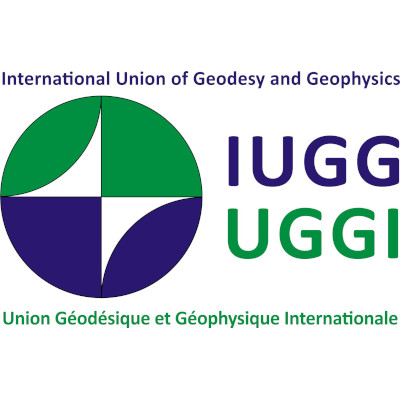Nominations for young physics researchers in ‘2021 ICTP Prize’ close tomorrow
ICTP is now accepting nominations for young researchers from developing countries for its ‘2021 ICTP Prize’, and will present a sculpture, certificate and cash prize to the winner.











